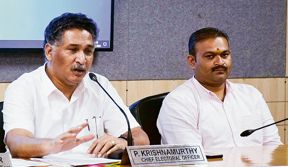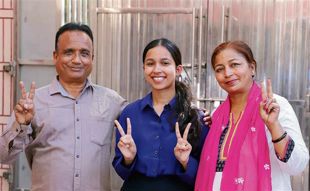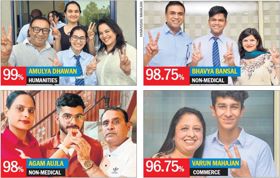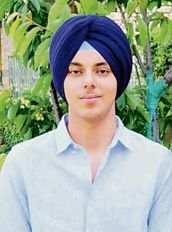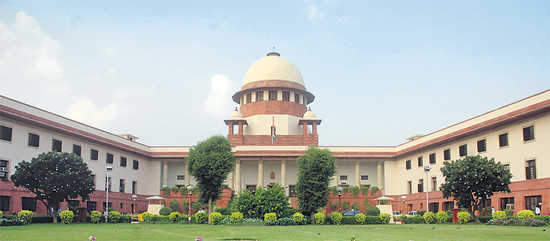
Satya Prakash
Tribune News Service
New Delhi, September 15
Noting that “the dignity of the individual is not a plaything for those in authority”, the Supreme Court on Friday issued a series of directions for prevention of suicide and custodial death of prisoners; and compensation for the kin of inmates who died an unnatural death after 2012.
A Bench headed by Justice Madan B Lokur asked all high courts to register suo motu petitions to identify the kin of such prisoners and award suitable compensation.
(Follow The Tribune on Facebook; and Twitter @thetribunechd)
“It is important for the Central and state governments to realise that persons who suffer an unnatural death in a prison are also victims — sometimes of a crime and sometimes of negligence and apathy, or both. There is no reason at all to exclude their next of kin from receiving compensation only because the victim of an unnatural death is a criminal,” it said.
According to official figures quoted in the verdict, 1,584 inmates died in prison in 2015, which also included 115 unnatural deaths.
The top court asked states to study and emulate the “open prison” currently being experimented in Shimla and the “semi-open prison” in Delhi, saying these were “extremely successful”.
The order came on a PIL filed in 2013 highlighting the “inhuman conditions” prevailing in 1,382 prisons across India. This is the second verdict from the top court. On February 5, 2016, it had issued a series of directions to deal with the problem of overcrowding in prisons.
“It must be appreciated by the State that the common person does not violate the law for no reason at all. It is circumstances that lead to a situation where there is a violation of law. On many occasions, such a violation may be of a trivial nature or may be a one-time aberration and, in such circumstances, the offender has to be treated with some degree of humanity,” it said.
“At least in such cases, retribution and deterrence cannot be an answer to the offence and the offender. Unless the State changes this mindset and takes steps to give meaning to life and liberty of every prisoner, prison reforms can never be effective or long-lasting,” the Bench, which also included Justice Deepak Gupta, said.
Citing a National Human Rights Commission report, it pointed out that the average suicide rate among the general public during 2007-11 was 11 per 1 lakh whereas the average suicide rate in prison stood at 16.9 per 1 lakh, which was over 50 per cent higher.
The court asked the Ministry of Home Affairs to direct the NCRB to explain and clarify the distinction between unnatural and natural deaths in prisons and also explain the sub-categorisation of “others” within the category of unnatural deaths, by October, 2017.
It asked the MHA to ensure circulation of the Model Prison Manual and “Suicide in Prison — prevention strategy and implication from human rights and legal points of view” prepared by the NHRC for prisons.
“All efforts should be made, as suggested by the NHRC and others, to reduce and possibly eliminate unnatural deaths in prisons and to document each and every death in prisons — both natural and unnatural,” it said.
It directed state governments to appoint counsellors and support persons for counselling prisoners, particularly first-time offenders, and asked them to study the availability of medical assistance to prisoners and take necessary remedial measures and involve recognised NGOs in such work.
The Bench asked the secretary general of the apex court to send the copy of its verdict to the Registrar General of every high court within a week. The top court also directed the Ministry of Women and Child Development to formulate procedures for tabulating the number of children dying an unnatural death in child care institutes by the end of 2017.
It asked the states to constitute the Board of Visitors in terms of Model Prison Manual by the end of November 2017.
Terming custodial deaths of children as “distressing”, the Bench said, “It is time that unnatural deaths of children in child care institutions are seriously looked into by all concerned if we are to provide the children of our country with a better future.”
It asked State Legal Services Authorities to conduct a performance audit of prisons and consider extending the time or frequency of meetings and also explore the possibility of using phones and video-conferencing for communications not only between a prisoner and family members of that prisoner, but also between a prisoner and his lawyer.
























